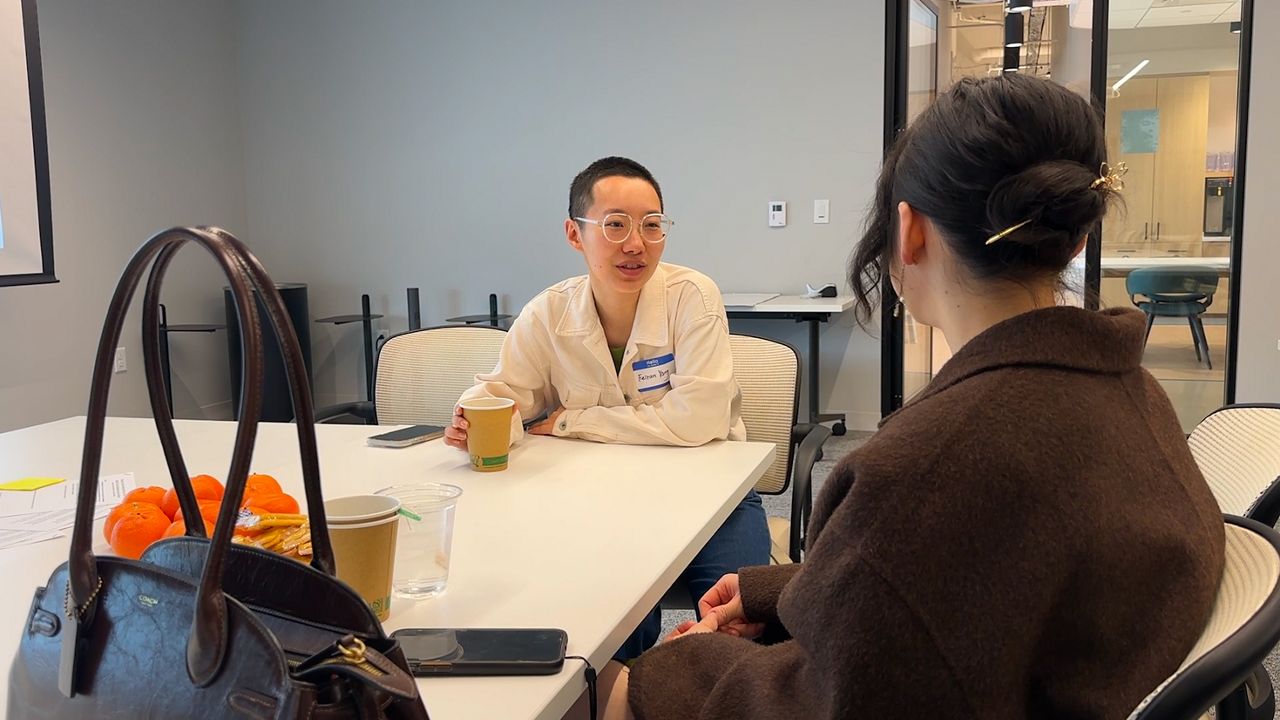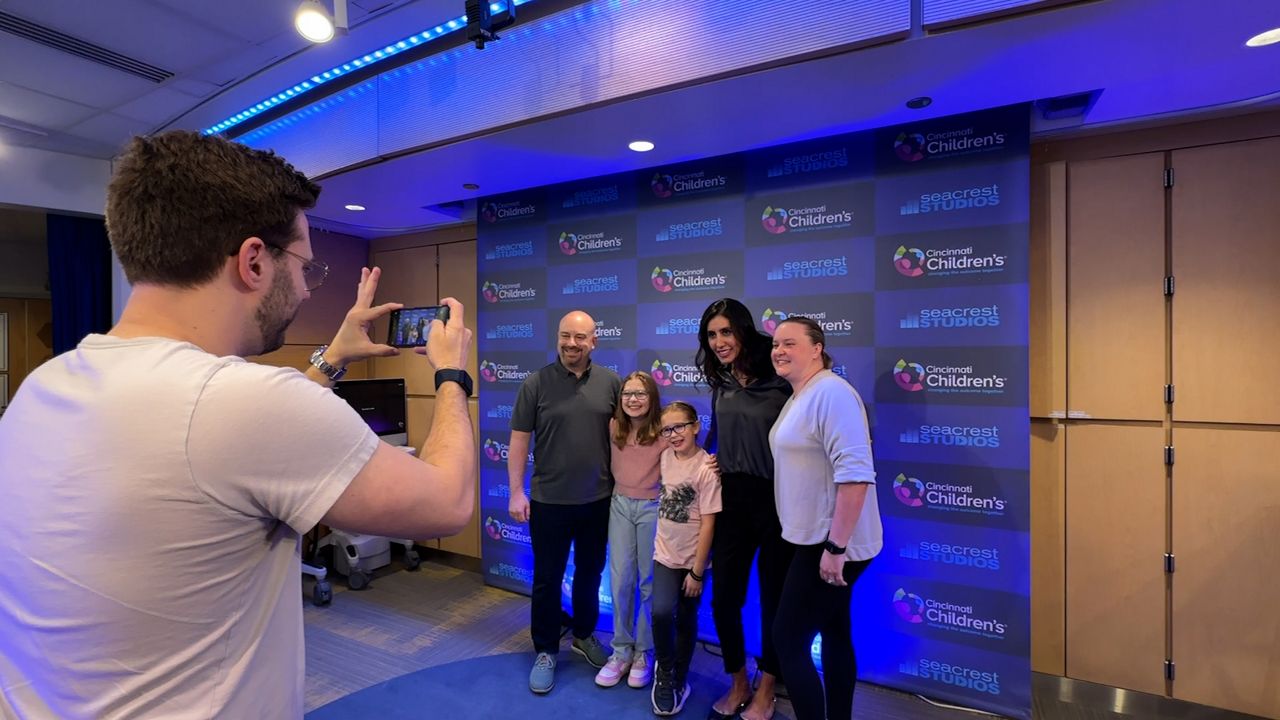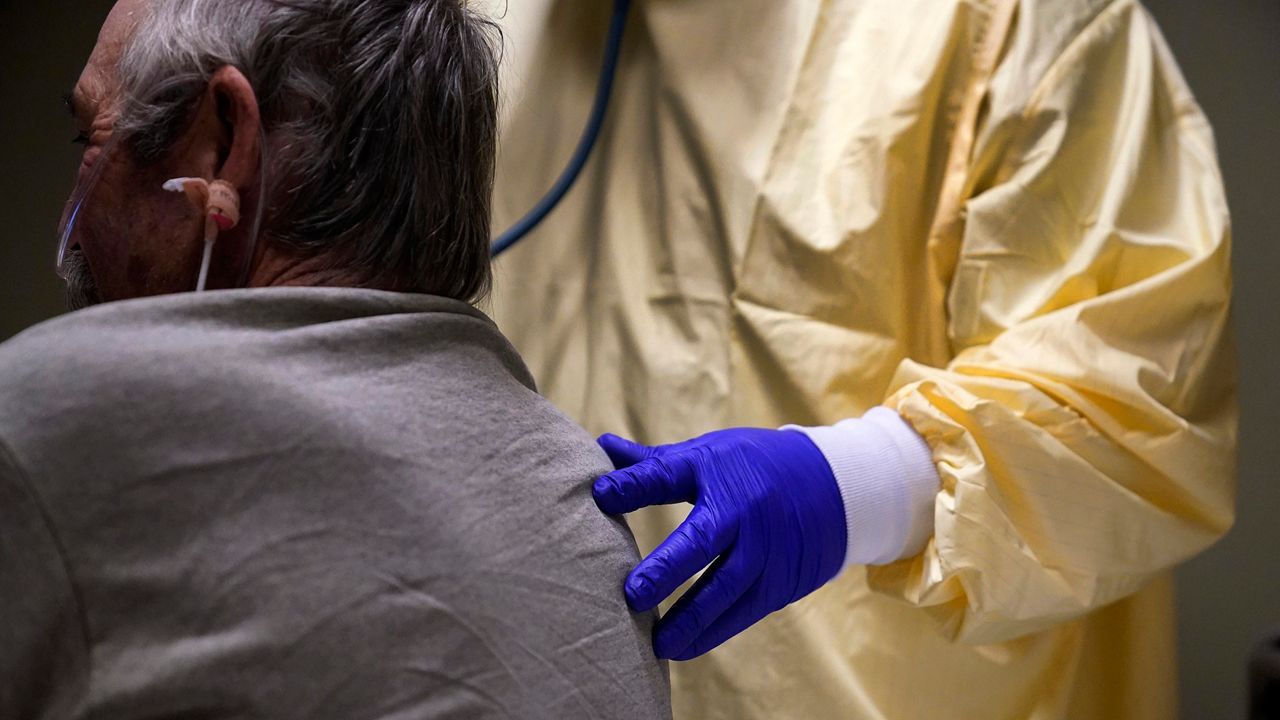CLEVELAND — In the current digital age, it may be difficult for many people to boost their self-esteem. Psychologists are sharing the impacts of what they call “digital distortion."
Digital distortion is a term used to describe things like using Photoshop on images or using filters to blur imperfections or change and enhance body features on social media platforms.
Cleveland Clinic Psychologist Dr. Susan Albers said the problem lies particularly with young girls, when their self-esteem largely relying on the editing tools.
"This is an incredibly important time to talk about the influence of digital distortion,” Dr. Albers said. “For the past year, teens have been online during the pandemic, day after day, looking at their images and the images of the people that they follow. They are often mirroring the influencers, and their friends, the images and the types of filters that they're using."
Dr. Albers said it often gets to the point where young women are creating images online that they cannot realistically compare to.
"In a recent survey, approximately 80% of girls have changed or altered their image using a filter by the age of 13,” Dr. Albers said. “Sixty-seven percent of girls indicate that they have hid or changed, a body part using an app while online."
Alternatively, Dr. Albers said celebrities and influencers are starting to be seen working against digital distortion.
"The good news is that there are many celebrities that are aware of, and exposing the dangers of, digital distortion,” Dr. Albers said. “They are posting images of themselves, unedited, unfiltered online, and this is a great example to young girls, teens, that it is okay to post pictures of yourself in a natural and authentic way."










